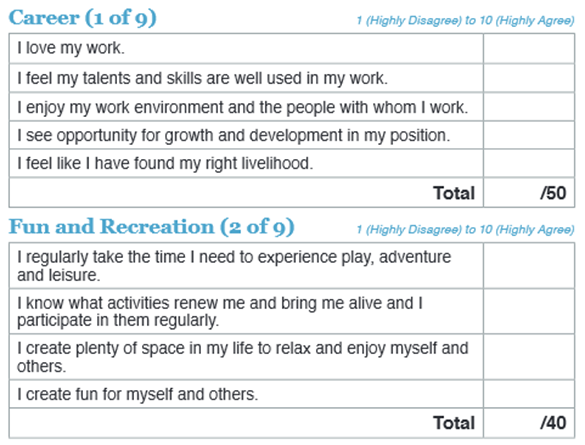Measuring the immeasurable. Are you as happy as you think you are?

As people, we all tend to evaluate the world around us, whether it is a certain place or location or even other persons, in order to learn how to adapt ourselves to the surroundings. Measurement has served as a way to explore the environment we live in for centuries.
If, at first, measurement activities were related to tangible objects, as society evolved people started to be concerned with measuring emotions as well. Companies are assessing customer or employee satisfaction, engagement or loyalty. Governments are measuring corruption and transparency indexes. Therefore, emotions are an important part of the economic environment and knowing what people think provides stakeholders with valuable information to adapt their management practices and ensure the survival of the business.
As working hours represent more and more of employees’ time – 10 hour per day, more or less – and performance requirements are high, people have to find solutions to face these challenges. The interest in performance measurement has gone beyond the organizational context in the last years as individuals are more concerned with increasing productivity in their personal lifes. Increased personal productivity is not beneficial just for the individual himself, but also for his employer. Studies has proven that employees that are satisfied and happy with their personal lives are more likely to work harder to achive their professional objectives.
But how do we measure the intangible? How do we measure happiness?
When measuring emotions or perceptions, two methods are widely spread: the survey and the focus group. Surveys are quantifing the importance we give to certain items and calculate an overall score, like satisfaction, level of engagement or happiness. Focus groups are richer in information, as the feedback received is not reflected in a simple score. They rely on an extensive analysis of the collected comments.
The Coaches Training Institute has developed a very simple self assessement tool to evaluate your own happiness in the form of a questionnaire, called Assessment Wheel. The tool is measuring happiness from 9 perspectives:
- Career
- Fun and Recreation
- Money and Finance
- Physical Environment
- Personal Growth
- Health and Wellbeing
- Friends
- Family
- Significat Others
Under each of these clusters there are 4 or 5 statements that must be rated on a scale from 1 to 10 (1-highly disagree, 10-highly agree). Based on the score obtained under each perspective, one can meditate on the following:
- What area are you most wanting and willing to make a difference within?
- What is the current state of this area of your life?
- What is missing or not working for you in this area?
- What would you like to create in this area?
This self assessment should provide more clarity in regards to what we can do to be more happy and which area should we take action in. From the multitude of things we may want to change, in order to take action we must decide what is most important for us and embrace a step by step approach.
The four reflection questions following the survey serve as a very useful root cause analysis that leads to establishing a personal goal. However, there is one element missing. After identifying what a person would like to achieve, it is also needed to think about how that objective will be reached. In other words – ”What will I do to achieve my objective?”. This provides the clear initiatives that someone must take in order to attain attain a speciffic goal.
These type of instruments used in personal life bring more clarity in regards to our priorities and help us make the right decisions that lead us to where we want to be. The same principles apply in the business environment as well. If we want to become better professionals, we have to start with shaping our personal approach on things. Personal characteristics have a great influence on how we solve problems at work, how we develop our strategies and, of course, how we treat our collegues.
References:
- Coach Training Institute (n.d.), Personal Assessment Wheel
- Chang, D. (2013), The ultimate guide to personal productivity
Image source:

Tags: Personal performance







300 lt kompresör
| #
Endüstriyel vidalı kompresörlerle enerji verimliliğini yakalayın. Güçlü çözümlerimizle işlerinizi hızlandırın
Reply